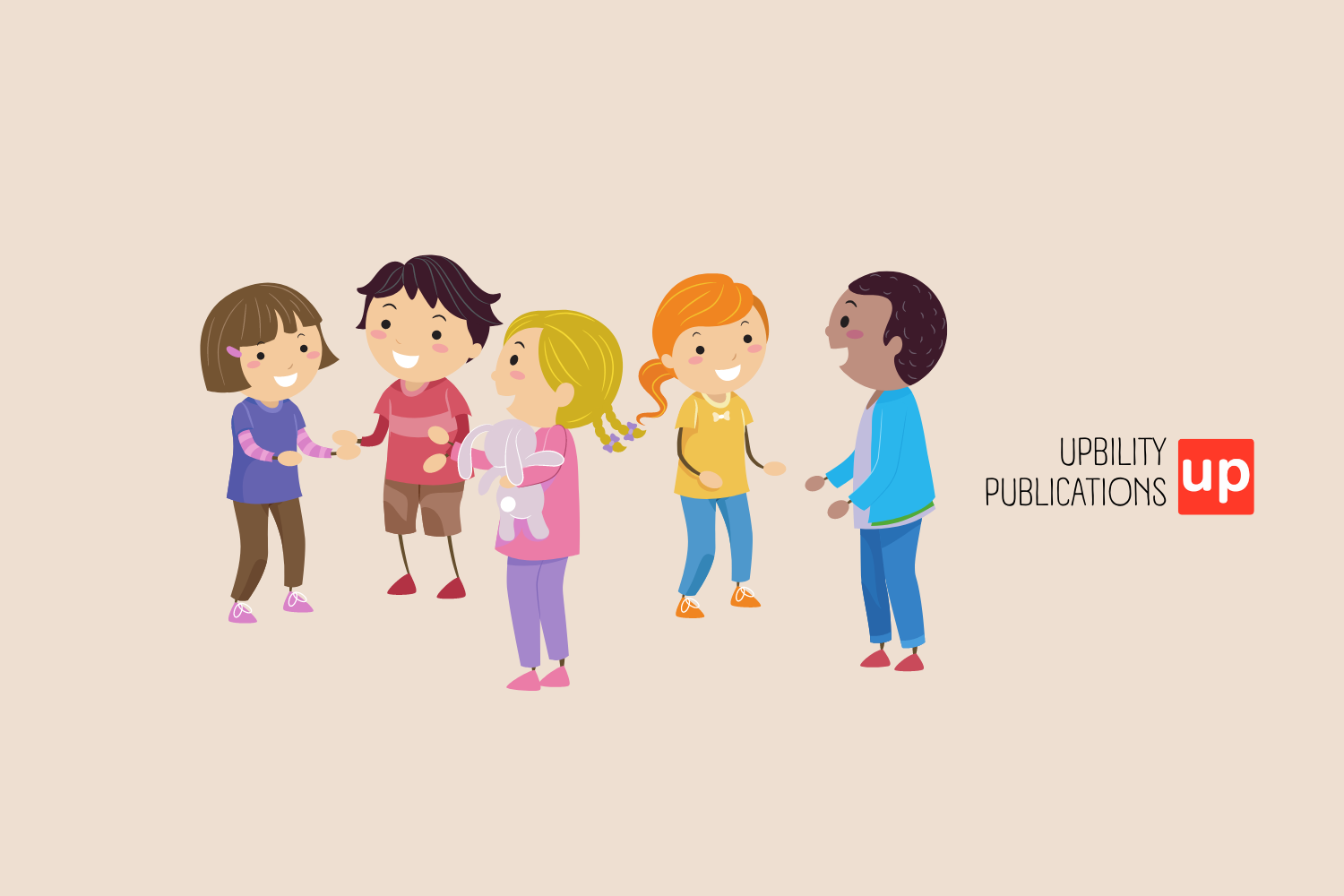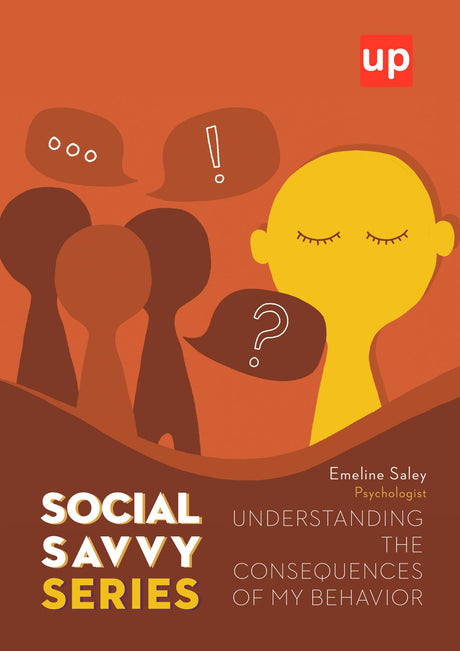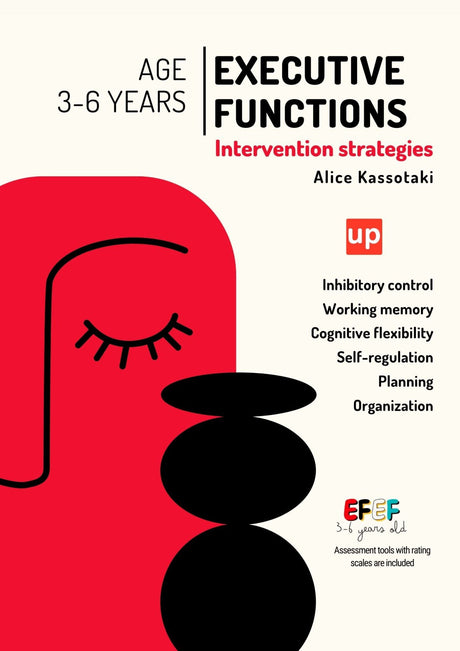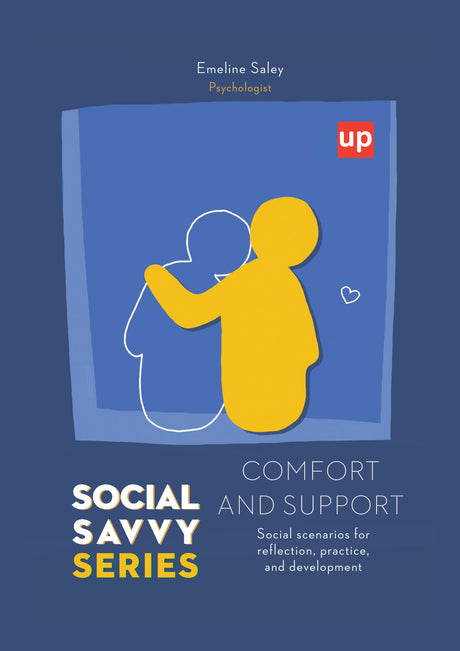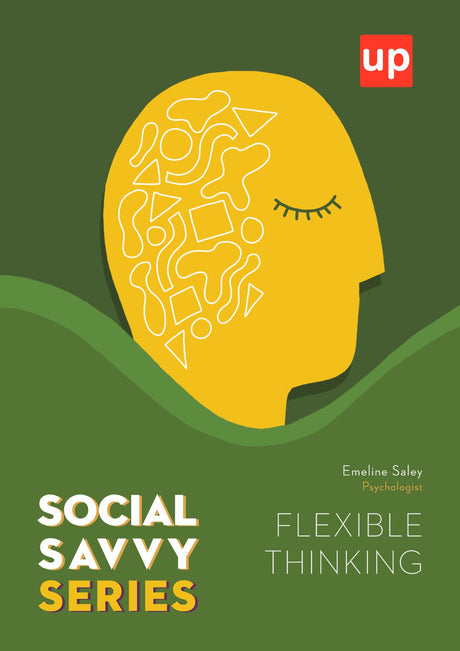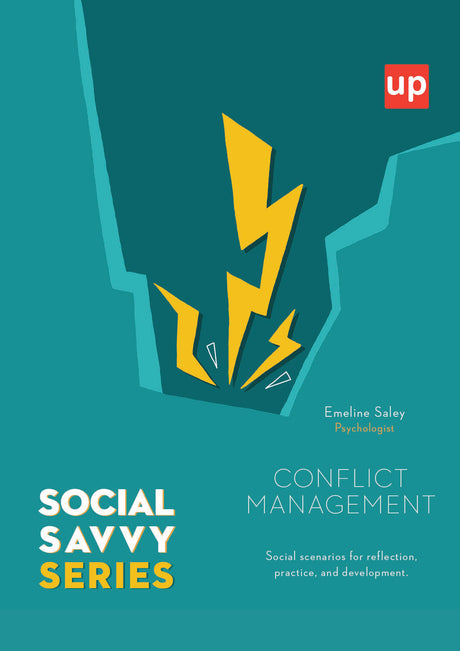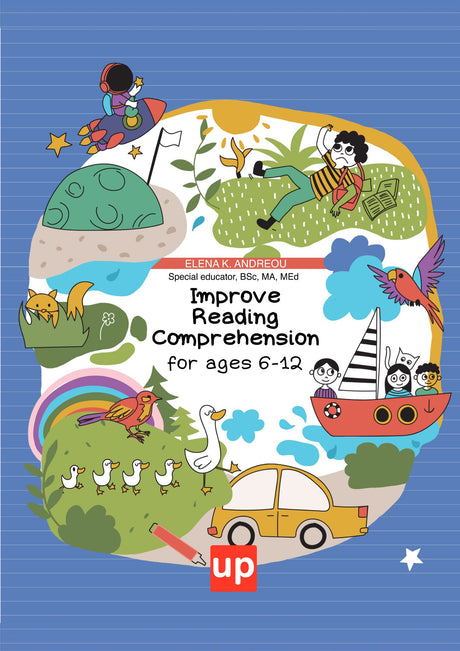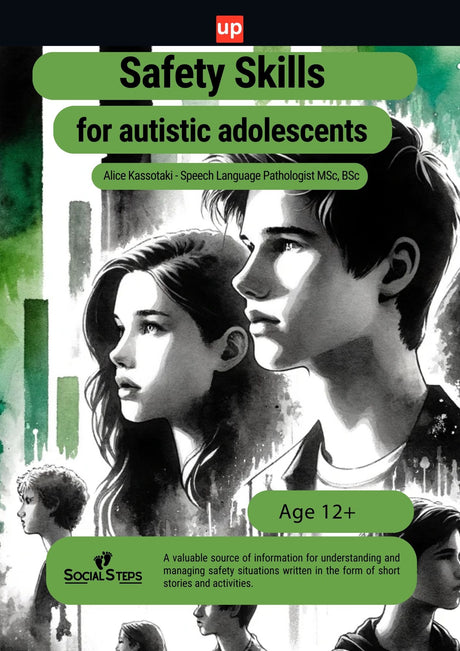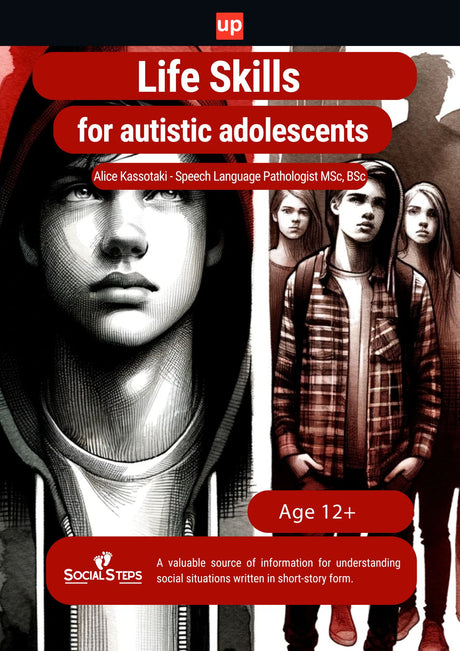Your child's first day at school is an exciting milestone, but it can also be a little scary. You want them to make friends, succeed in their studies, and enjoy learning. But what if your child lacks the critical skills to accomplish these goals?
Children with autism spectrum disorder (ASD) have trouble with social communication and interaction. But social skills therapy can help children become more comfortable in different environments.
Read on to learn all about the link between social skills and autism and how you can help!
Social Skills and Autism

One of the core deficits of ASD lies in social interaction. Neurotypical children quickly pick up social behaviors in group settings. But children with ASD need to be explicitly taught what to do in social situations.
Social skills deficits in children with autism center around pragmatics. Social communication disorder (SCD) is a similar diagnosis that often gets lumped under the umbrella of ASD. Some of the common signs include difficulties with:
- Responding when spoken to
- Understanding gestures and body language
- Sharing and regulating emotions
- Listening to others without interrupting
- Staying on topic and following the conversation
- Providing relevant details
- Maintaining eye contact
- Understanding the differences between greetings, comments, questions, and so on
- Differentiating between sarcasm, humor, and idioms
- Making lasting friendships
Children with autism spectrum disorder may also encounter challenges with understanding social expectations and norms. They might find it difficult to interpret non-verbal cues, such as facial expressions or tone of voice, which can lead to misunderstandings in social contexts. This can result in feelings of isolation or frustration, as they may not grasp why certain interactions don't go as expected.
Moreover, the unpredictability of social interactions can be overwhelming for autistic children, leading to social anxiety or avoidance of social situations altogether. This avoidance can further hinder their social skills development, creating a cycle that can be challenging to break without intervention.
Social skills therapy for children with autism is vital for their overall development. And studies show that the earlier these interventions start, the better the outcome. Early intervention can help children with autism build a foundation for meaningful social relationships and improve their ability to navigate social situations with greater ease and confidence.
Social Skills Therapy

Psychologists, speech-language therapists, teachers, and parents can be involved in the therapy process. Social skills therapy is a combination of activities, roleplays, and games. The main goal is to show children how to handle different social situations.
Social skills therapy is not a one-size-fits-all approach; it is tailored to meet the individual needs of each child. This personalized strategy is crucial as it considers the unique challenges and strengths of each child with autism spectrum disorder. For instance, some children may benefit from more structured activities that focus on specific social skills like making eye contact or initiating conversations, while others may require support in understanding nonverbal cues such as facial expressions and body language.
Moreover, social skills therapy often incorporates the use of visual aids and social stories, which are effective tools in illustrating social norms and expectations. These resources help children visualize and understand various social contexts, making it easier for them to apply the skills they learn in real-life situations.
In addition to in-person therapy sessions, technology plays an increasingly important role in social skills development. Interactive apps and virtual reality simulations provide children with safe and controlled environments to practice social interactions. These digital tools offer immediate feedback, allowing children to adjust their behavior and improve their social competence over time.
Collaboration among the therapy team is also essential. Regular communication between psychologists, speech-language therapists, teachers, and parents ensures that everyone is aligned in their approach and can share insights and progress. This teamwork creates a consistent learning environment, both at home and in school, which reinforces the child's social skills training.
Ultimately, the success of social skills therapy lies in its ability to empower children with autism to engage in meaningful social relationships and navigate the complexities of social interactions with confidence.
Cognitive Therapy and Social Skills
Cognitive therapy plays a significant role in enhancing social skills for children with autism spectrum disorder. This therapeutic approach focuses on addressing the thought processes that influence behaviors and emotions, which are often areas of difficulty for autistic individuals. By understanding and reshaping these thought patterns, cognitive therapy helps children develop better social interaction skills and improve their ability to navigate social situations.
One of the key components of cognitive therapy is cognitive-behavioral therapy (CBT), which is widely used to support children with autism. CBT techniques are designed to help children recognize and change negative thought patterns that may lead to social skill difficulties. For instance, a child who believes that they are unable to make friends may learn to challenge this belief and adopt a more positive mindset, which can lead to improved social interactions.
Cognitive therapy also emphasizes the development of problem-solving skills, which are crucial for successful social interactions. Children are taught to identify social problems, generate possible solutions, and evaluate the outcomes of their actions. This process not only enhances their social competence but also boosts their self-esteem as they gain confidence in their ability to handle social situations.
Moreover, cognitive therapy often involves explicit instruction in social norms and expectations. Children learn about appropriate social behaviors, such as making eye contact, using polite language, and interpreting nonverbal cues like facial expressions and body language. Through role-playing and practice, they can apply these skills in real-life scenarios, leading to more positive social interactions.
In addition to individual therapy sessions, group cognitive therapy can provide valuable opportunities for children with autism to practice social skills in a supportive environment. Group settings allow children to interact with peers, receive feedback, and learn from each other's experiences. This collaborative approach fosters a sense of community and helps children build meaningful social relationships.
Overall, cognitive therapy is an effective intervention for improving social skills in children with autism. By addressing the cognitive aspects of social interactions, this therapy empowers children to overcome social skill deficits and engage in successful social interactions with greater confidence and ease.
Helping Children Develop Social Skills

Before you set off on the social skills therapy journey, you need to adjust your thinking. Start by removing your assumptions and biases about social interactions.
Social interactions are generally easy for neurotypical people. But assuming that social skills are a simple concept can be harmful to the child's growth. Instead, accept that they will learn these behaviors at their own pace.
At the same time, let go of right and wrong thinking. Instead, label actions as "expected" and "unexpected." Explain to the child what the expected actions are and why they need to follow them. And don't forget to elaborate on why unexpected actions might confuse others.
For example, if the child struggles to maintain eye contact, don't label it as "wrong." Try explaining that people expect their friends to look at them when they talk. Equate making eye contact with maintaining friendships and paying attention!
In addition to adjusting your mindset, it's important to create a supportive environment that encourages learning and growth. Children with autism spectrum disorder thrive in settings where they feel safe and understood. Providing positive reinforcement for their efforts, no matter how small, can boost their confidence and motivate them to continue practicing social skills.
Furthermore, engaging in open and honest communication with your child is crucial. Encourage them to express their feelings and thoughts about social interactions, and listen without judgment. This dialogue can provide valuable insights into their experiences and help you tailor your approach to meet their unique needs.
Consider incorporating visual aids and social stories into your routine. These tools can help children visualize social situations and understand the nuances of social norms. By breaking down complex interactions into manageable steps, you can make it easier for your child to grasp and apply new skills.
Finally, remember that patience and persistence are key. Social skills development is a gradual process, and setbacks are a natural part of the journey. Celebrate progress and remain committed to supporting your child's growth, knowing that each step forward brings them closer to achieving social success.
Autism Activities at Home

Neurotypical parents might struggle with teaching social skills because they come naturally to them. But introducing communication skills in the home is simple with the help of a few activities!
Acting as an example for your child is a great way to teach social skills. Emotion regulation is often a problem for children with ASD. Explaining your thoughts out loud can help children make connections.
If you rip your sweater, you can say, "Oh no, I ripped my favorite sweater. That makes me sad and a little mad. Should I fix it or buy a new one?" Demonstrating your thought process can help them organize their own emotions.
Other ways to teach social skills at home include:
- Roleplaying to show expected reactions
- Playing games to demonstrate sharing and turn-taking
- Encouraging playgroups and participating in activities
- Using pictures and stories to show behaviors
- Discuss outcomes, make connections, and explain details explicitly
Video modeling and video self-modeling (VSM) have shown promising results in intervention studies. Children watch short videos that model specific behaviors, like making eye contact or greeting friends. Then they can try to mimic and practice those behaviors.
In VSM, the child is the model. For example, you can record your child playing a board game and watch it back together. As you do, discuss how to accept losing, turn-taking, and so on.
Outdoor Autism Activities and Social Skills

Engaging children with autism in outdoor activities can be an excellent way to enhance their social skills and promote overall well-being. The natural environment provides a less structured setting, which can be beneficial for children with autism spectrum disorder as it reduces the pressure often associated with traditional social skill training. Outdoor activities encourage spontaneous play and social interaction, offering children the opportunity to practice social skills in a relaxed and enjoyable context.
Activities such as group sports, nature walks, or gardening can help children develop important social skills like teamwork, communication, and turn-taking. For instance, playing a game of soccer or tag requires children to communicate with peers, understand social cues, and follow rules, all of which contribute to their social skills development. Additionally, nature walks can be a calming way to engage in conversation and practice listening skills, while gardening can teach patience and responsibility.
Moreover, outdoor settings often involve sensory experiences that can be soothing for children with autism. The sounds of birds chirping, the feel of grass underfoot, and the sight of vibrant flowers can provide sensory input that helps regulate emotions and reduce anxiety, making social interactions more manageable.
Parents and caregivers can also use outdoor activities to model social interactions and demonstrate appropriate behaviors. By participating in these activities alongside their children, they can provide guidance and support, helping children navigate social situations more effectively. This hands-on approach not only strengthens the parent-child bond but also reinforces the social skills being taught.
Overall, incorporating outdoor activities into the routine of children with autism can significantly enhance their social skills, allowing them to build meaningful relationships and enjoy positive social interactions in various contexts.
Books and Educational Material for Autism Spectrum Disorder from Upbility
Upbility offers a comprehensive range of books and educational materials specifically designed to support children with autism spectrum disorder (ASD) in developing their social skills. Their resources are crafted to address the unique challenges faced by autistic children, focusing on enhancing social communication, nonverbal cues, and emotional regulation. With a variety of formats, including eBooks, flashcards, and worksheets, Upbility's materials cater to different learning styles and preferences, making it easier for parents, teachers, and therapists to engage children in meaningful social skills training.
These educational materials cover a wide array of topics crucial for social skills development, such as understanding body language, interpreting facial expressions, and practicing turn-taking. By incorporating these resources into daily routines, caregivers can create a supportive learning environment that encourages children to build relationships and improve their social competence. Upbility's tools not only aid in teaching social skills but also promote self-esteem and confidence, empowering children with ASD to navigate social interactions more effectively. By providing structured guidance and real-life scenarios, these materials help children understand social norms and expectations, ultimately contributing to their overall social success.
Social Skills Training at School
Social skills therapy should continue over to the classroom. One of the first things instructors need to do is, create a conducive environment.
Children with ASD often struggle with sensory issues. 98% of parents surveyed reported that their child had sensory difficulties. To accommodate this, educators should aim to create inclusive classrooms.
Workspaces that are quiet have soft lighting, and lack distractions are best. Hunger and thirst can also affect attention levels in the learning environment. So having consistent snack times and easy access to water can prevent loss of focus.
Peer mentors are an excellent way to encourage neurodiverse students to socialize. The educator can train one student, a group, or the whole classroom to act as tutors or buddies. The peers can model proper behavior and facilitate learning experiences through play.
Studies have shown that peer mentors are most successful for children between 3 and 8 years old. And it works both ways as students who act as peer mentors enjoy the process as well!
Other ways to incorporate social skills training into the classroom include:
- Group role plays focused on classroom behaviors
- Reading and discussing social stories that show acceptable responses
- Creating emotion, greetings, and friendship worksheets and activities.
- Exploring partner and group games to encourage turn-taking
The social skills training at school should mirror at-home activities, and vice versa. If parents and educators create a cohesive plan, the child can reach a functional level of communication.
Learning the Basics of Communication
As a parent or teacher, it can be frustrating to watch children struggle with social skills. These struggles affect them in every aspect of life, from relationships to academics. Their career, mental health, and family life can take a hit as they enter the adult world.
But social skills and autism don't have to be mutually exclusive. Through effective therapy, children with ASD can learn communication skills!
If you're ready to help your child build their social skills, browse our Autism eBook library! You'll also find helpful ready-to-use aids like flashcards and worksheets.
Summary
In summary, social skills play a pivotal role in the development and well-being of children with autism spectrum disorder. These children often face challenges in understanding and responding to social cues, which can hinder their ability to engage in meaningful social interactions and build lasting relationships. Social skills therapy, therefore, becomes an essential intervention, offering targeted activities and strategies to help autistic children navigate social situations more effectively. Through early intervention, consistent practice, and the support of parents, teachers, and therapists, children with ASD can improve their communication skills and interpersonal abilities, leading to enhanced social competence and reduced social anxiety.
Moreover, the impact of social skills therapy extends beyond the immediate social environment. As children with autism develop better social skills, they also experience improvements in their self-esteem and overall quality of life. By learning to interpret nonverbal cues, such as facial expressions and body language, and practicing turn-taking and active listening, these children gain the confidence to participate in social interactions and form healthy relationships. The structured guidance provided by social skills interventions empowers autistic children to understand social norms and expectations, ultimately contributing to their social success and enabling them to thrive in various social contexts.
Frequent Questions
How does autism affect social skills?
Autism spectrum disorder impacts social skills by making it challenging for individuals to understand and respond to social cues, engage in social interactions, and build meaningful relationships. Difficulties with nonverbal communication, such as interpreting facial expressions and body language, are common.
What social skills are poorly developed in autism?
Individuals with autism often struggle with skills like maintaining eye contact, understanding figurative language, and practicing turn-taking in conversations. These challenges can lead to difficulties in forming and maintaining friendships.
Can you improve social skills in children with autism?
Yes, social skills can be improved through targeted interventions like social skills training, role-playing, and peer-mediated interventions. Early intervention and consistent practice are key to helping autistic children develop effective communication and interpersonal skills.
What are some examples of social skills?
Social skills include making eye contact, listening actively, understanding social norms, engaging in small talk, and responding appropriately in social situations. These skills are essential for successful social interactions and building relationships.
Why is social skills therapy important for children with autism?
Social skills therapy is crucial for children with autism as it helps them navigate social situations more effectively, reducing social anxiety and improving their ability to form healthy relationships. It also enhances their self-esteem and overall quality of life by promoting social competence.
References
- American Psychiatric Association. (2013). Diagnostic and statistical manual of mental disorders (5th ed.). Arlington, VA: American Psychiatric Publishing.
- Baron-Cohen, S. (2000). Theory of mind and autism: A review. International Review of Research in Mental Retardation, 23, 169-184.
- Dawson, G., & Bernier, R. (2013). A quarter century of progress on the early detection and treatment of autism spectrum disorder. Development and Psychopathology, 25(4pt2), 1455-1472.
- Rogers, S. J., & Dawson, G. (2010). Early start Denver model for young children with autism: Promoting language, learning, and engagement. New York, NY: Guilford Press.
- White, S. W., Keonig, K., & Scahill, L. (2007). Social skills development in children with autism spectrum disorders: A review of the intervention research. Journal of Autism and Developmental Disorders, 37(10), 1858-1868.

